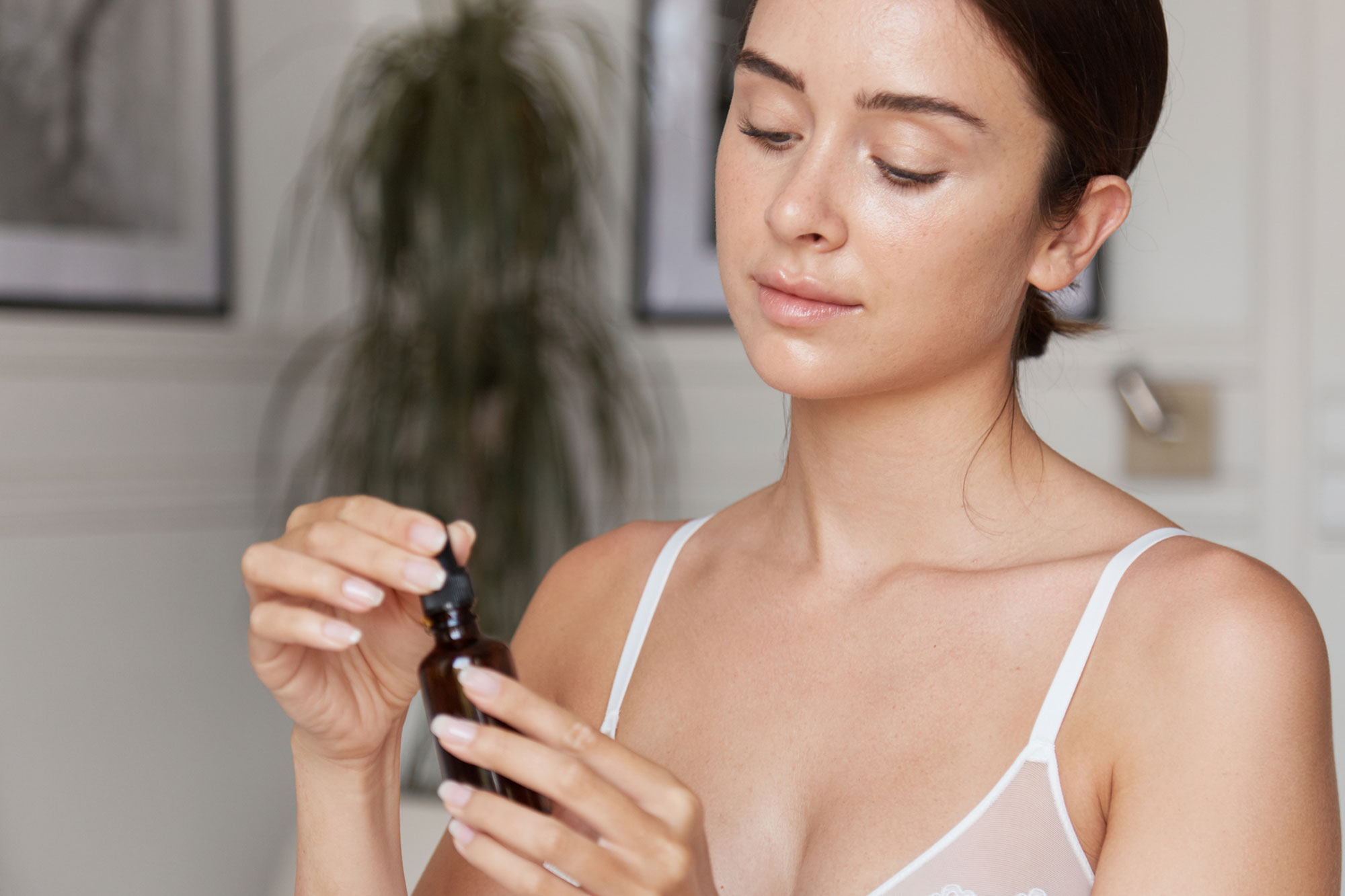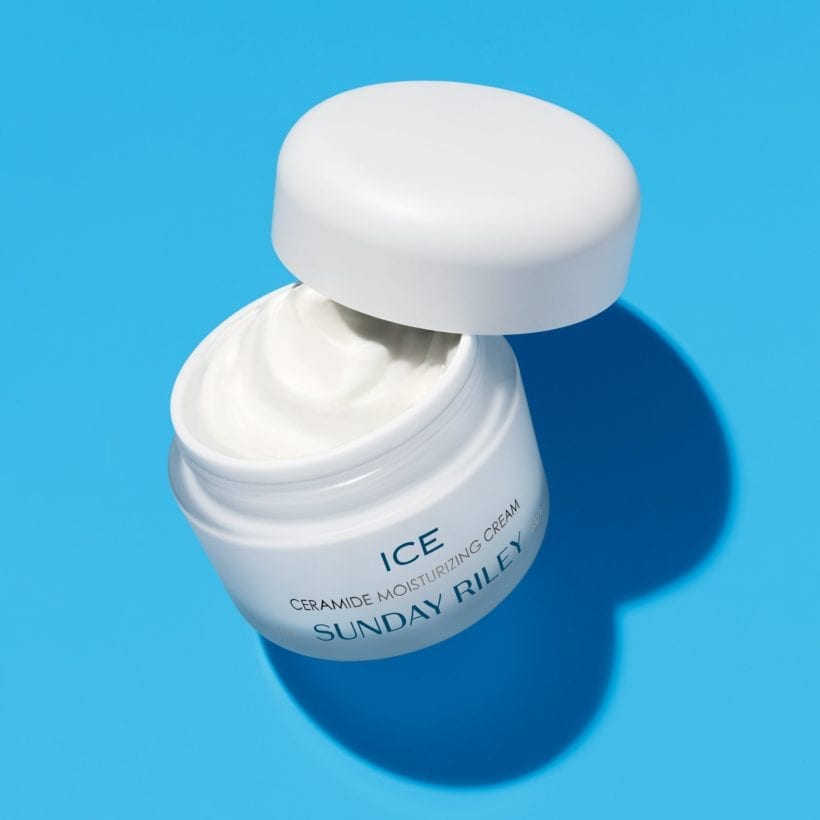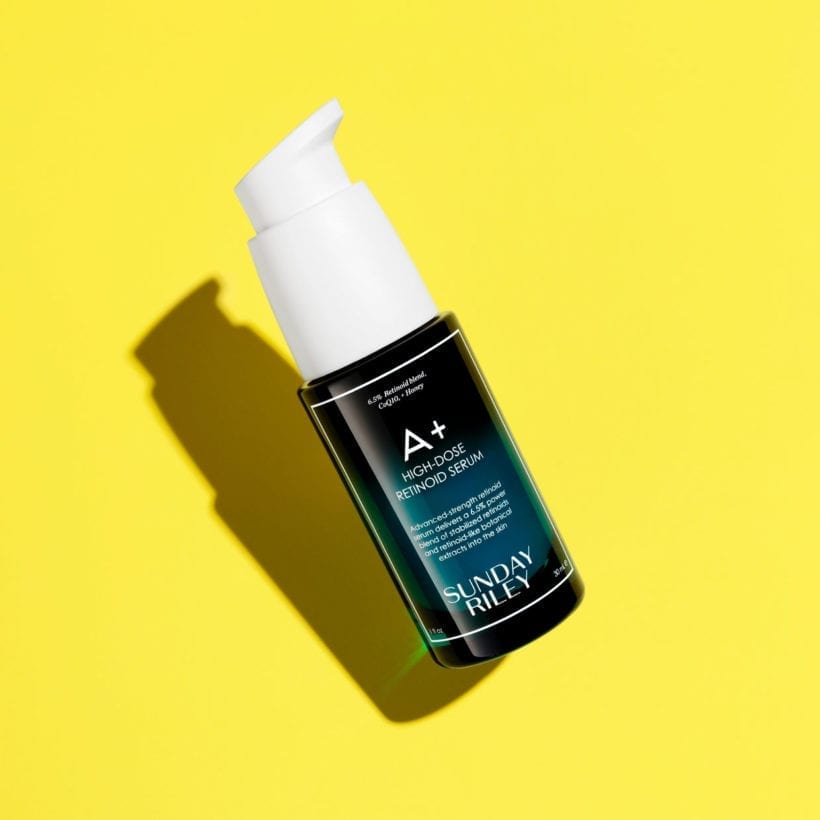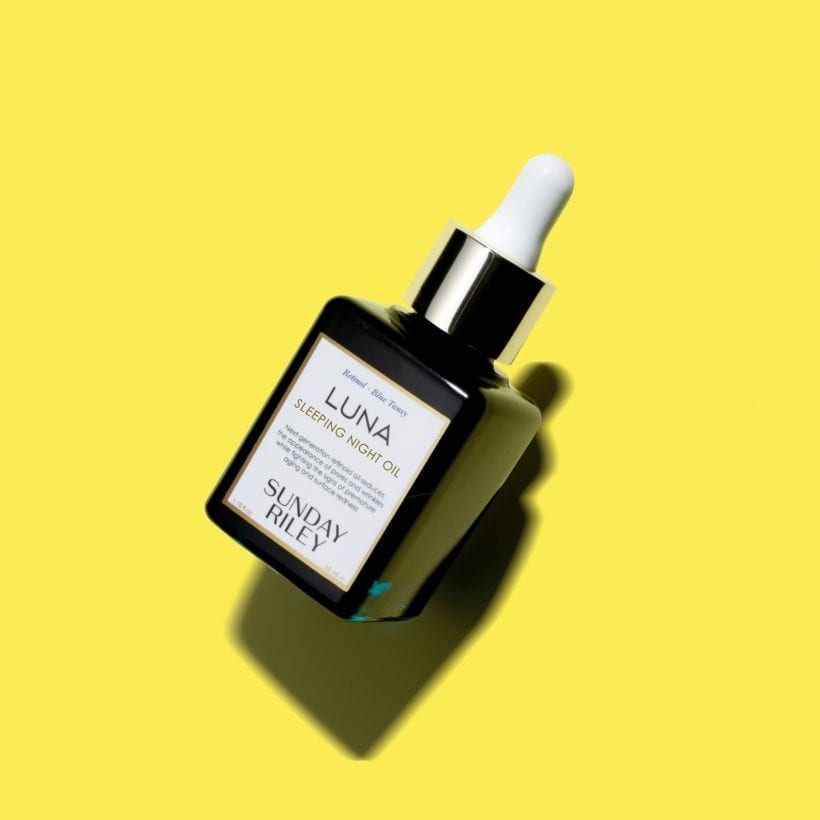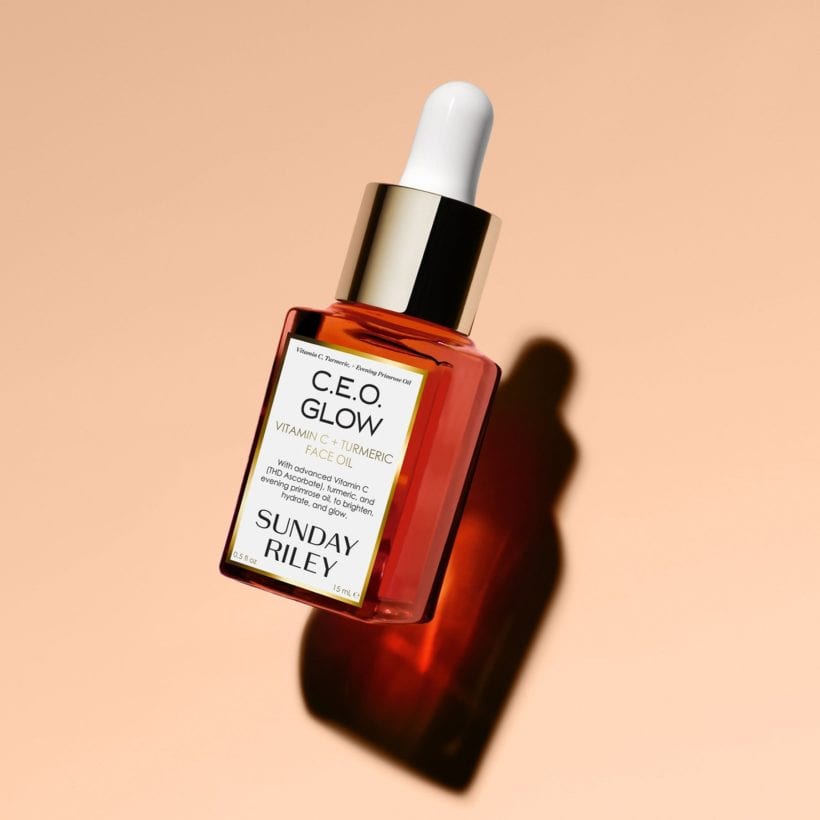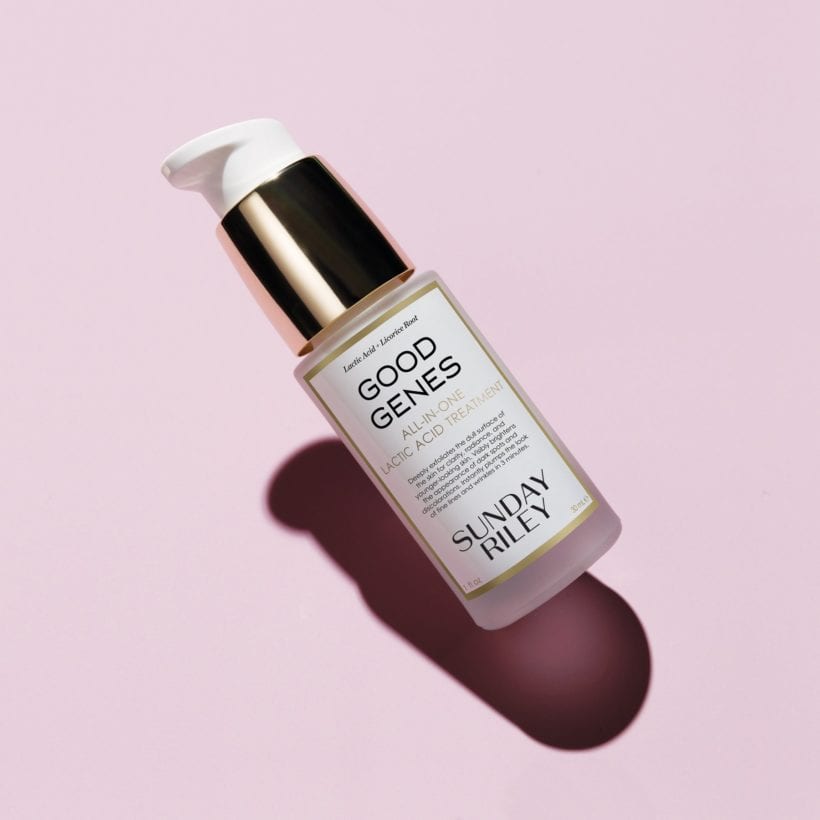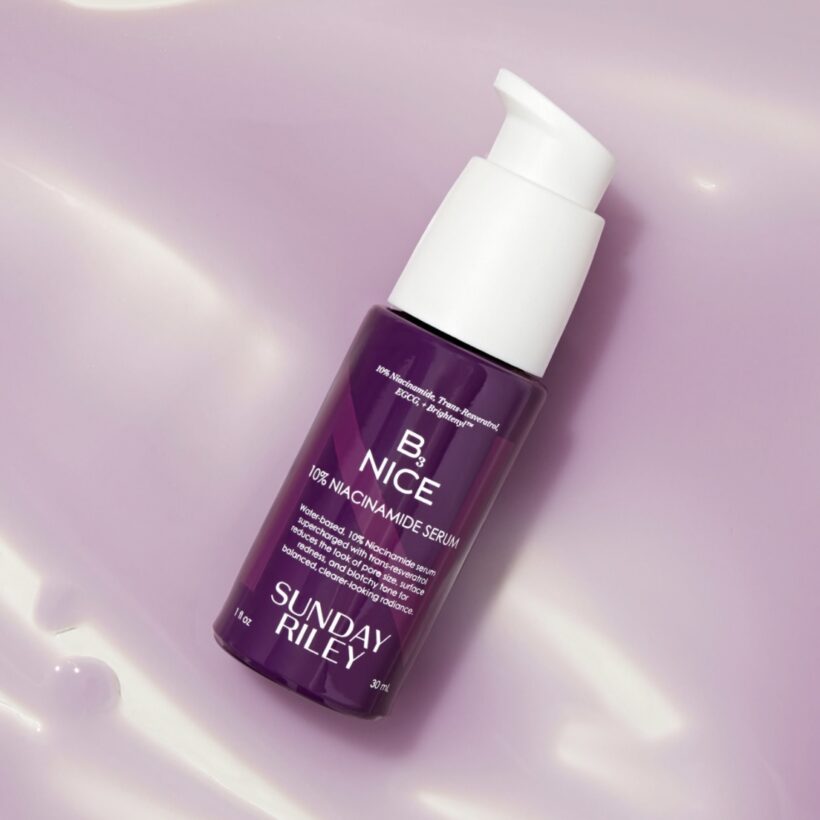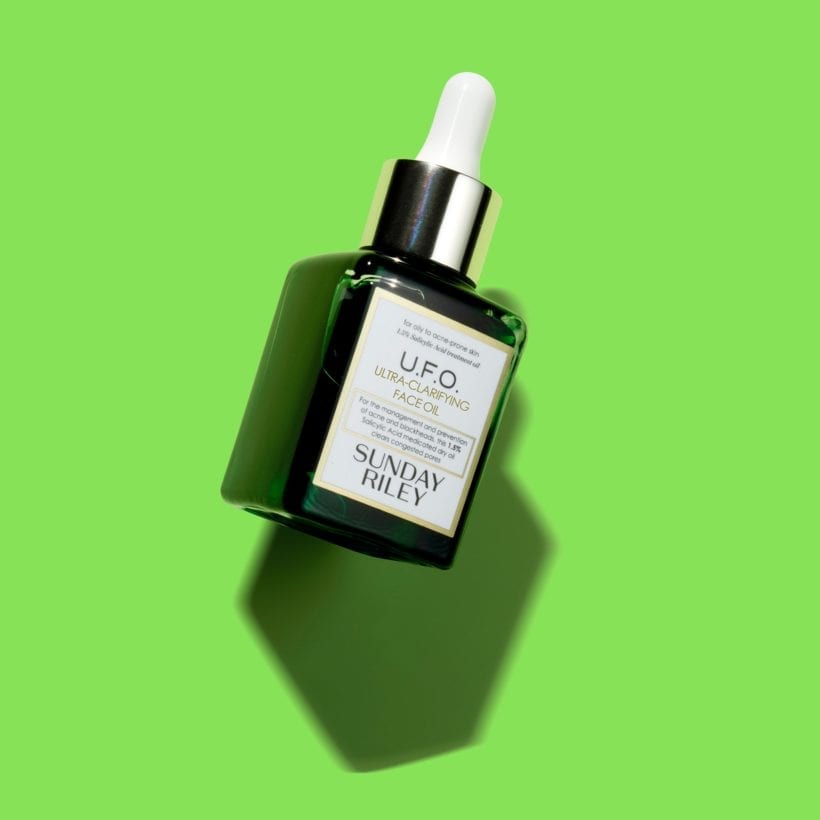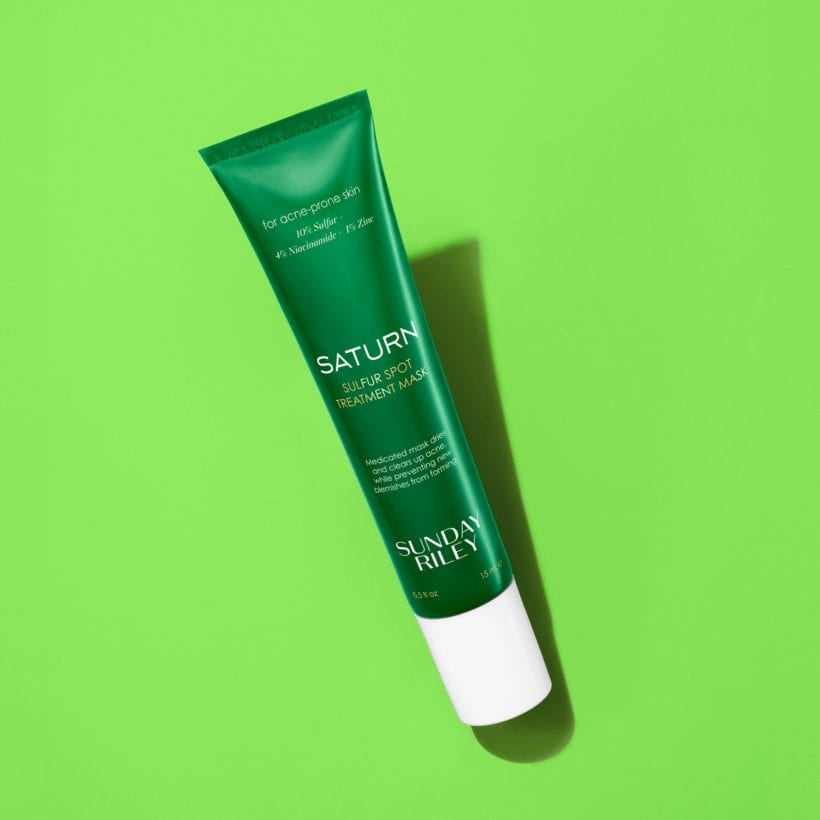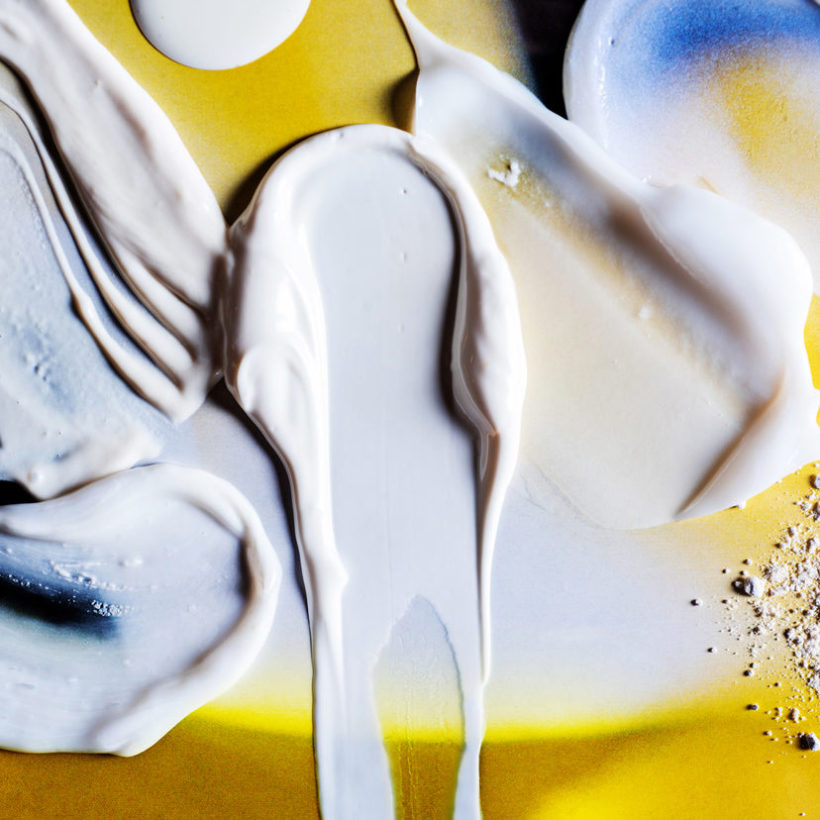You’ll often find skincare labels touting multiple active ingredients when you shop for skincare. That’s because many ingredients work better in tandem to tackle issues like dryness, inflammation, and wrinkles — kind of like pairing supplements for increased absorption. Single-ingredient products, while effective, often yield even better results when combined.
The trick is wrapping your head around which ingredient combinations work best to target your skin goals when there are so many options at your fingertips. So we turned to a few leading dermatologists and skincare experts to help clarify the symbiotic relationship between some of your favorite (and soon-to-be-favorite) skincare superstars.
Meet the Experts
Marisa Garshick, MD is a board-certified dermatologist.
Natalie Aguilar is a celebrity aesthetician and dermatological nurse.
Nicole Frontera is a nurse practitioner and founder of Nicola Frontera Beauty.
Vitamin C and Collagen

A brilliant combo
“Two ingredients that are best of friends happen to be vitamin C and collagen,” says celebrity aesthetician and dermatological nurse Natalie Aguilar. “Vitamin C acts as a glue that binds collagen fibers together, and this duo plumps, tightens, and [vitamin C] brightens like magic.” Incorporate this duo into your routine by applying vitamin C topically and collagen as a supplement since collagen molecules don’t absorb into the skin from the outside.
Try it: Sunday Riley C.E.O. Afterglow Brightening Vitamin C Gel Cream that uses powerful yet gentle THD ascorbate and HUM Nutrition Collagen Love Skin Supplement.
Ceramides and Retinol
A soothing anti-inflammation pair
Marisa Garshick, MD, a board-certified dermatologist, recommends a combo of retinol, which has anti-aging and anti-acne benefits, with ceramides, which help counteract the dryness and irritation that can accompany retinoid use. “Ceramides work to support and strengthen the skin barrier,” she notes. “Ceramides may be incorporated into some retinol products to help boost tolerability or can be used [individually] in the same skincare routine.”
Try it: A combination of Sunday Riley Ice Ceramide Moisturizing Cream and Sunday Riley A+ High-Dose Retinoid Serum could be the dynamic duo you’re searching for to treat mature or oily skin.
Retinol and Hyaluronic Acid
A skin-smoothing match
“My favorite skincare ingredient combo is retinol and hyaluronic acid because it addresses two essential pieces of anti-aging,” says Nicole Frontera, nurse practitioner and founder of Nicola Frontera Beauty. “Retinols are the most important thing you can do to your skin, especially if you’re thirty and up because it causes the skin to create more cellular turnover and look more vibrant and glowy.” To counteract the dry, flakiness retinol use can sometimes cause, Frontera turns to good ol’ hyaluronic acid. “The hyaluronic acid, especially in those first couple days [of use], re-establishes the hydration balance,” she says.
Try it: Sunday Riley Luna Sleeping Night Oil, which features trans-retinol to promote skin elasticity, and Sunday Riley C.E.O. Afterglow Brightening Vitamin C Gel Cream.
Polyglutamic Acid and Hyaluronic Acid
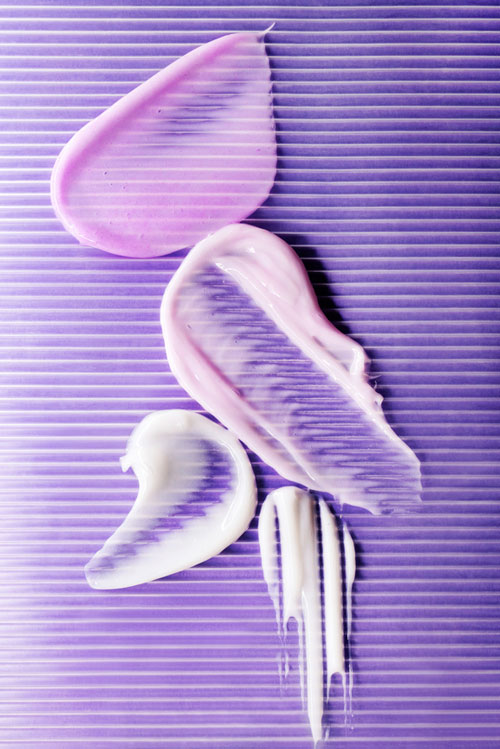
A potent hydration duo
Hyaluronic acid is a go-to hydration essential. “It’s a humectant, known to hold up to 1000x its weight in water,” notes Dr. Garshick, who recommends pairing this skincare staple with polyglutamic acid. This naturally derived peptide can hold even more water because its molecules are larger than those in hyaluronic acid. But it can’t penetrate as deep, so the two pick up each other’s slack. “Polyglutamic acid is thought to inhibit the natural breakdown of hyaluronic acid by blocking hyaluronidase, leading to synergistic results, boosting moisture and plumping the skin to improve fine lines,” says Dr. Garshick.
Craving long-lasting hydration? Achieve next-level hydration with Sunday Riley C.E.O Afterglow Vitamin C Gel Cream, which boasts multi-weighted hyaluronic acid.
Try it: Apply The Ordinary Hyaluronic Acid 2%, which also contains vitamin B5 to help with absorption, then add a layer of The Inkey List Polyglutamic Acid Hydrating Serum.
Vitamin C and E, plus Ferulic Acid
A trifecta to prevent free radical damage
A favorite among dermatologists, beauty editors and skincare devotees, the combination of vitamin C, E, and ferulic acid can be a strong defense against free radicals, which are unstable molecules all around you in the environment that can do major damage to your skin. “By helping to protect the skin against free radical damage, it can help reduce signs of skin aging, including fine lines, wrinkles, discoloration, brown spots, and more,” says Dr. Garshick. “When ferulic acid is combined with other antioxidants such as vitamin C and E, it has been shown to boost stability and effectiveness.”
Try it: Sunday Riley C.E.O. Vitamin C and Turmeric Face Oil adds instant antioxidant defense to your existing vitamin E and ferulic acid products. Or try an all-in-one like SkinCeuticals C E Ferulic that protects against atmospheric aging.
Lactic Acid and Retinol
A top-shelf chemical exfoliant couple
Forget microbeads: chemical exfoliants are having a moment, as they can be gentler on the skin but still lift dead skin cells and pore-clogging oils from your face. Alpha hydroxy acids (AHAs) like lactic acid with retinol “can make each ingredient even more efficacious to treat skin that looks dull, crinkly, sun damaged — or sudden acne breakouts,” says Aguilar. This duo super-boosts the skin, helping with collagen production and exfoliation, and together can speed up cellular renewal leaving skin brighter and clearer of sun spots, discoloration, and acne. Goodbye, pore-clogging debris and copious dead skin cells.
Try it: Mix Sunday Riley Good Genes Lactic Acid Treatment with your prescription retinol or existing over-the-counter retinol products.
Niacinamide and Salicylic Acid
Two titans for banishing breakouts
Have a tendency toward acne or skin prone to breakouts? Invest in a great cleansing routine and a treatment of niacinamide — which is essentially vitamin B3 — and salicylic acid, a beta hydroxy acid that penetrates deep. (Niacinamide specifically helps to reduce surface redness and pigmentation issues left by acne.) “These work together to help control sebum, improve the overall appearance of pores as well as the general texture of the skin,” says Dr. Garshick.
In addition, she points out that salicylic acid also works as a gentle exfoliant. At the same time, niacinamide helps to soothe the skin, “so the combination works to minimize irritation while also removing dead skin cells, leaving the skin looking brighter and more radiant.”
Try it: Combine Sunday Riley U.F.O. Ultra-Clarifying Acne Treatment Face Oil featuring 1.5% salicylic acid and Sunday Riley Saturn Sulfur Spot Treatment Mask (the zinc also helps regulate sebum production).
We only recommend products we have independently researched, tested, and loved. If you purchase a product found through our links, Sunday Edit may earn an affiliate commission.
